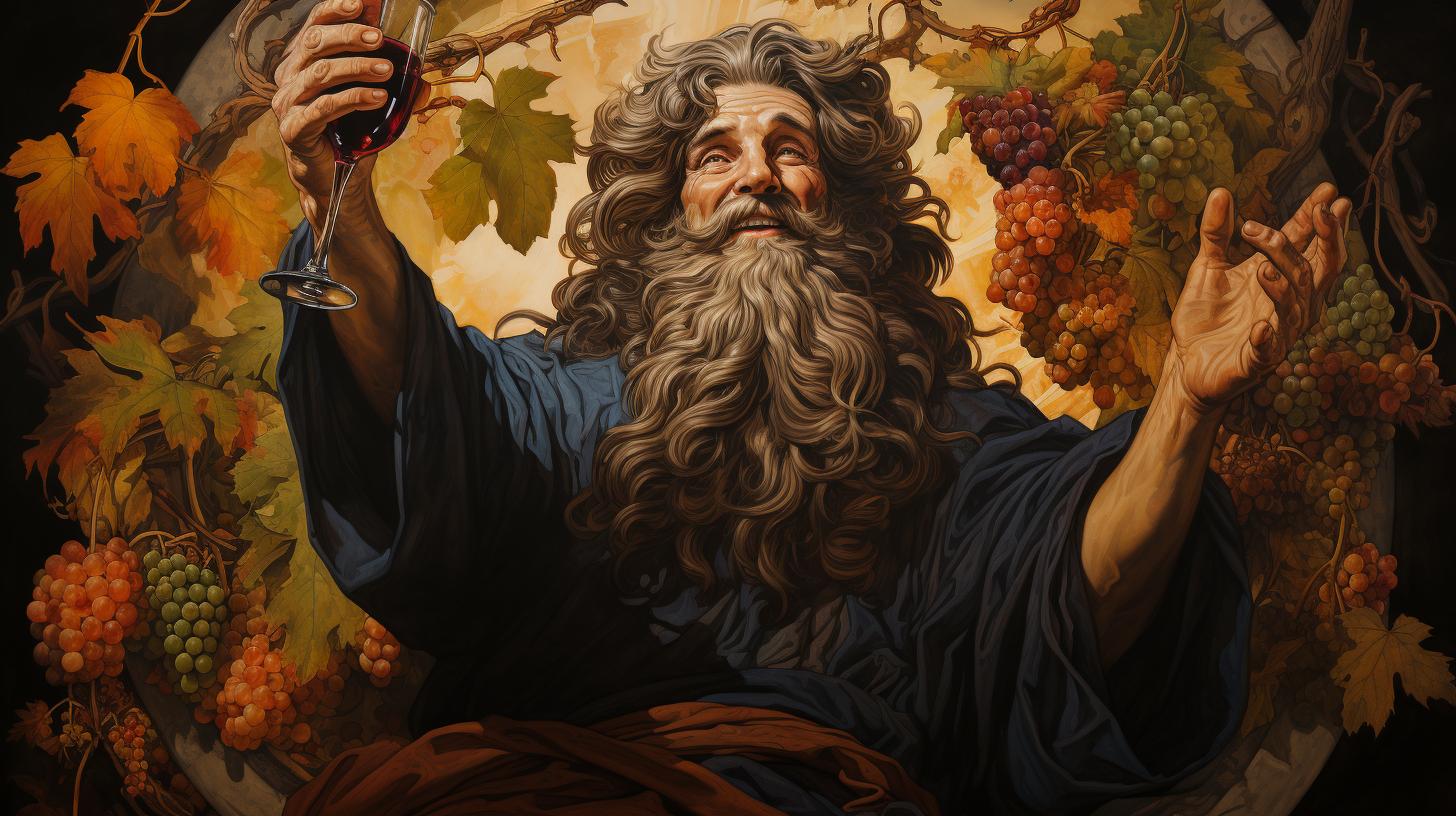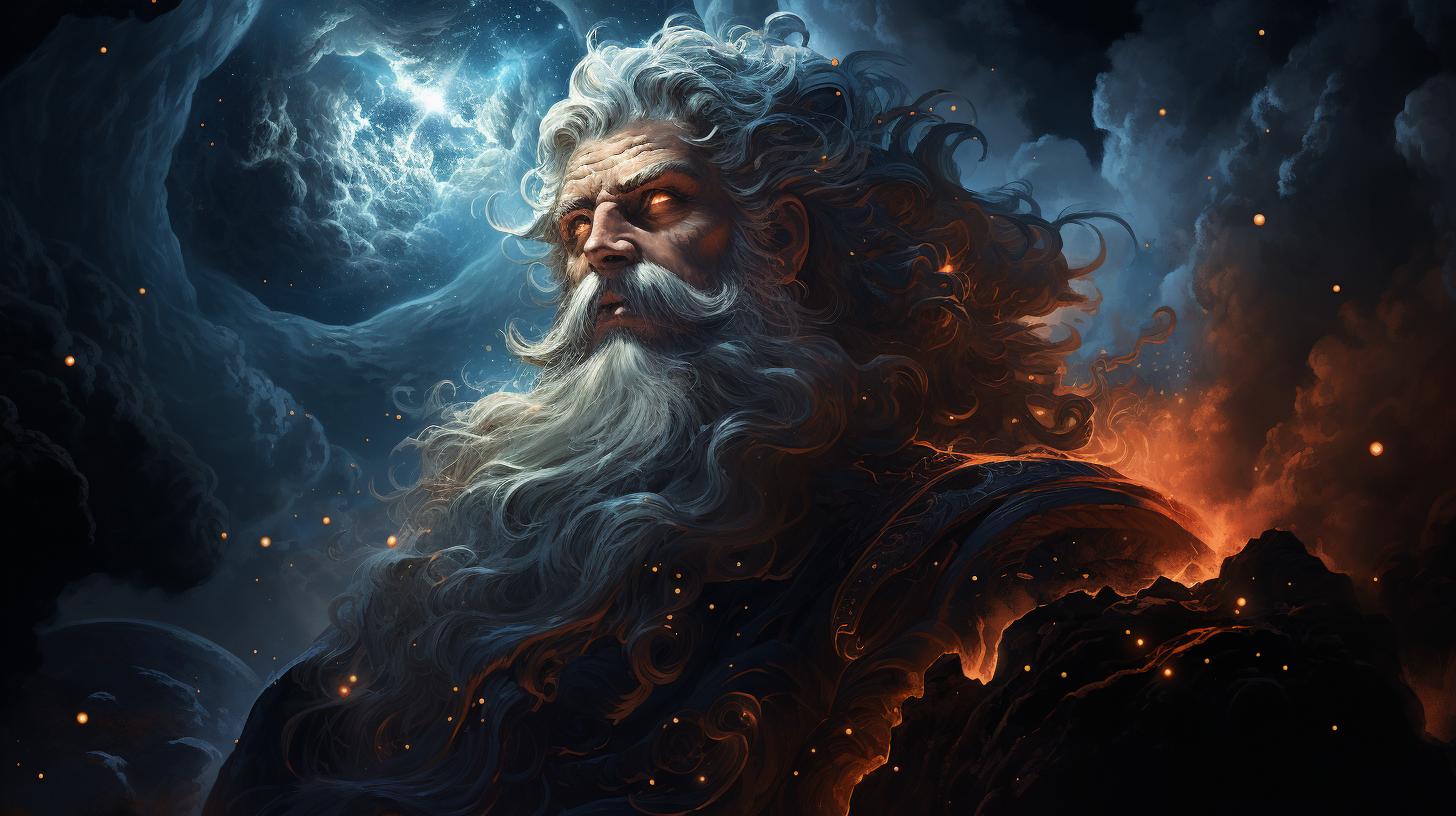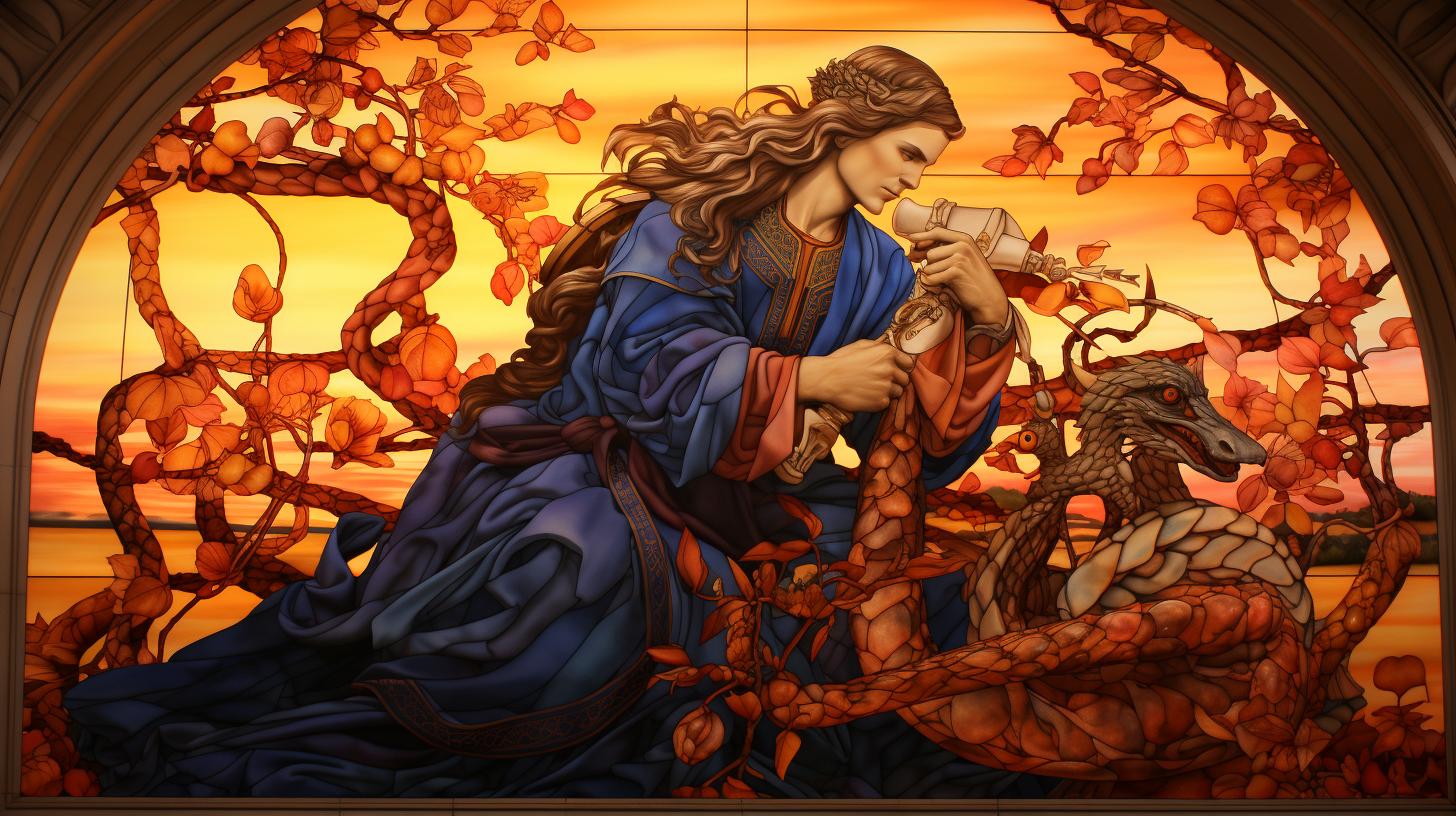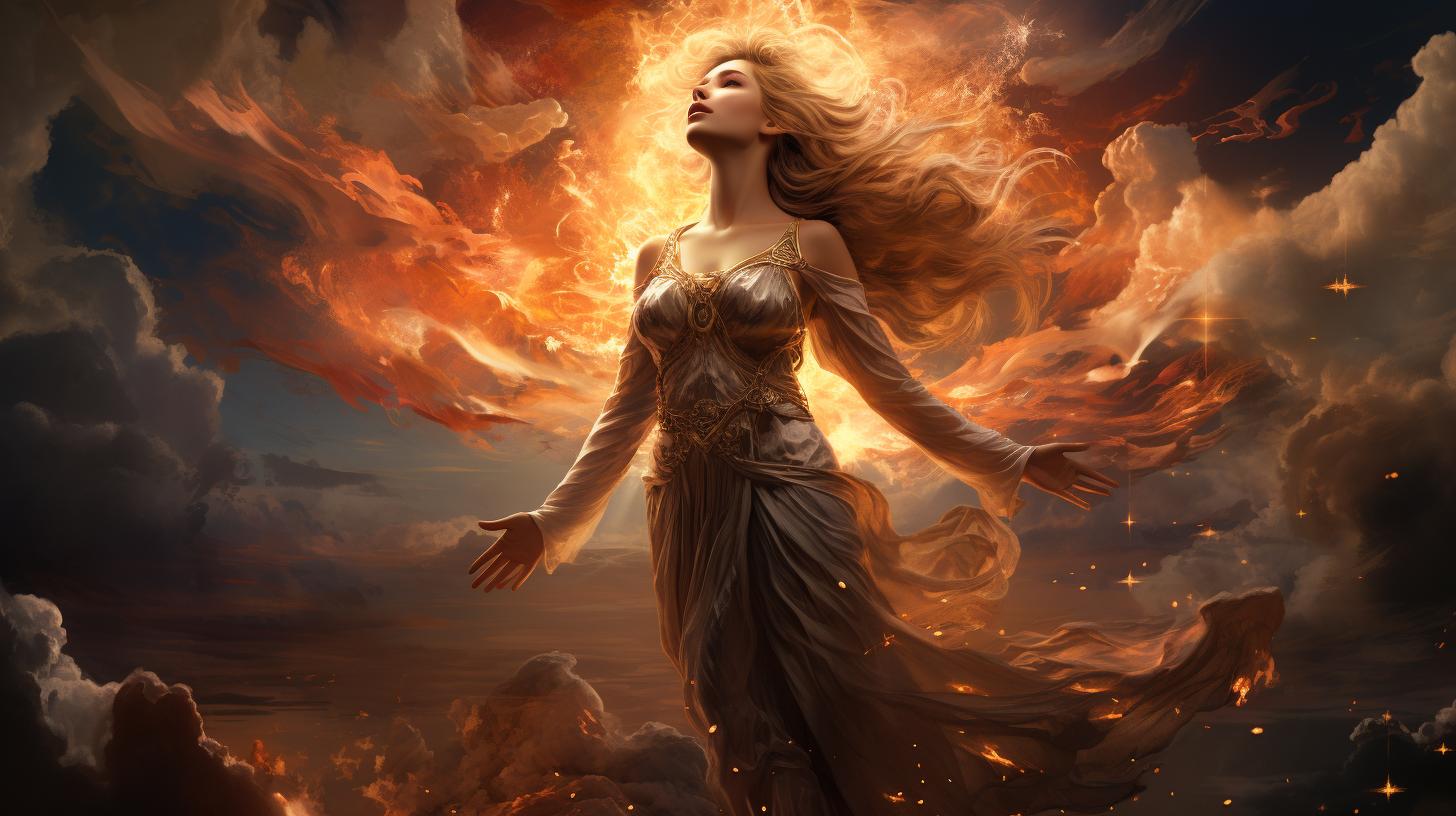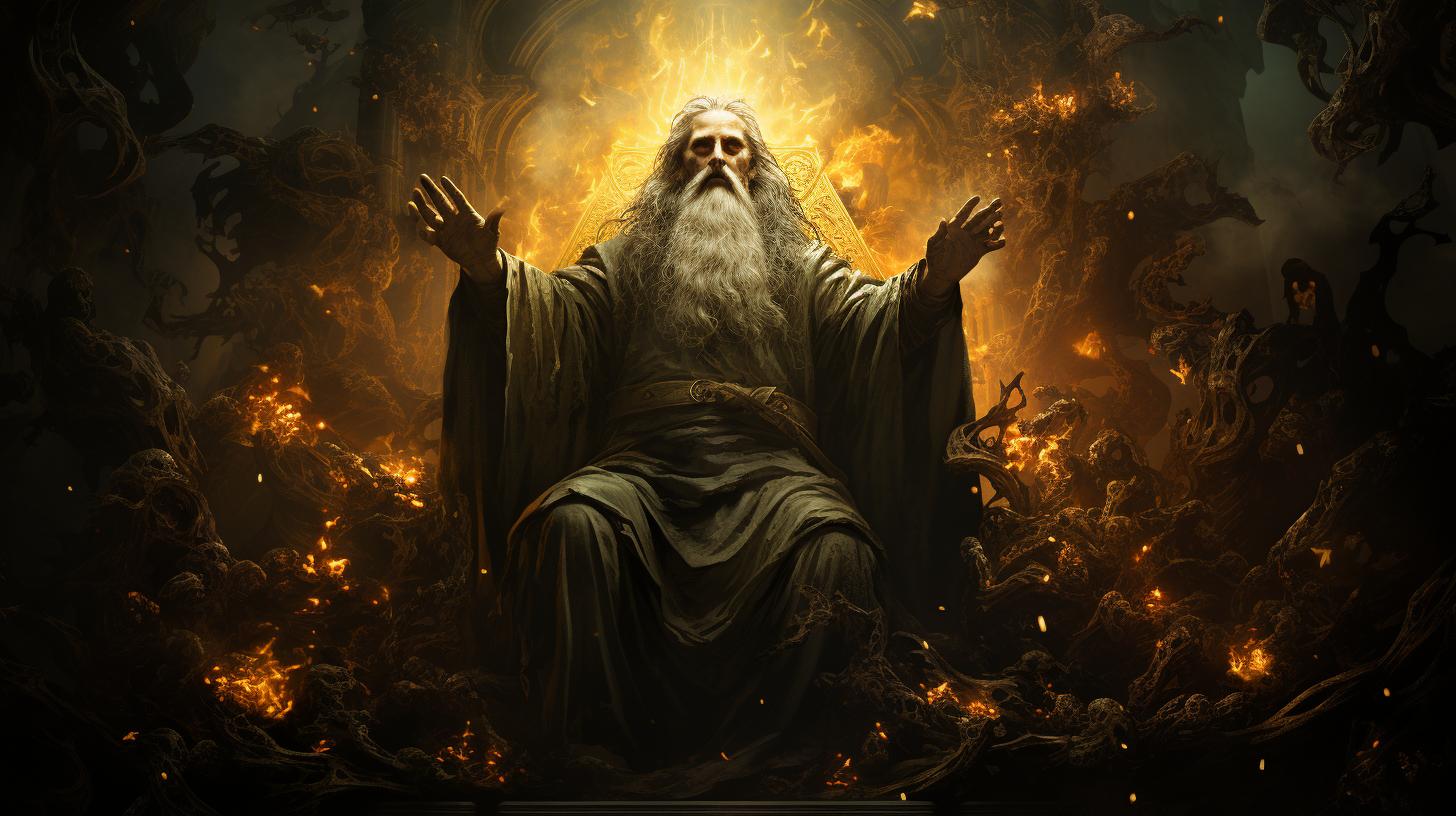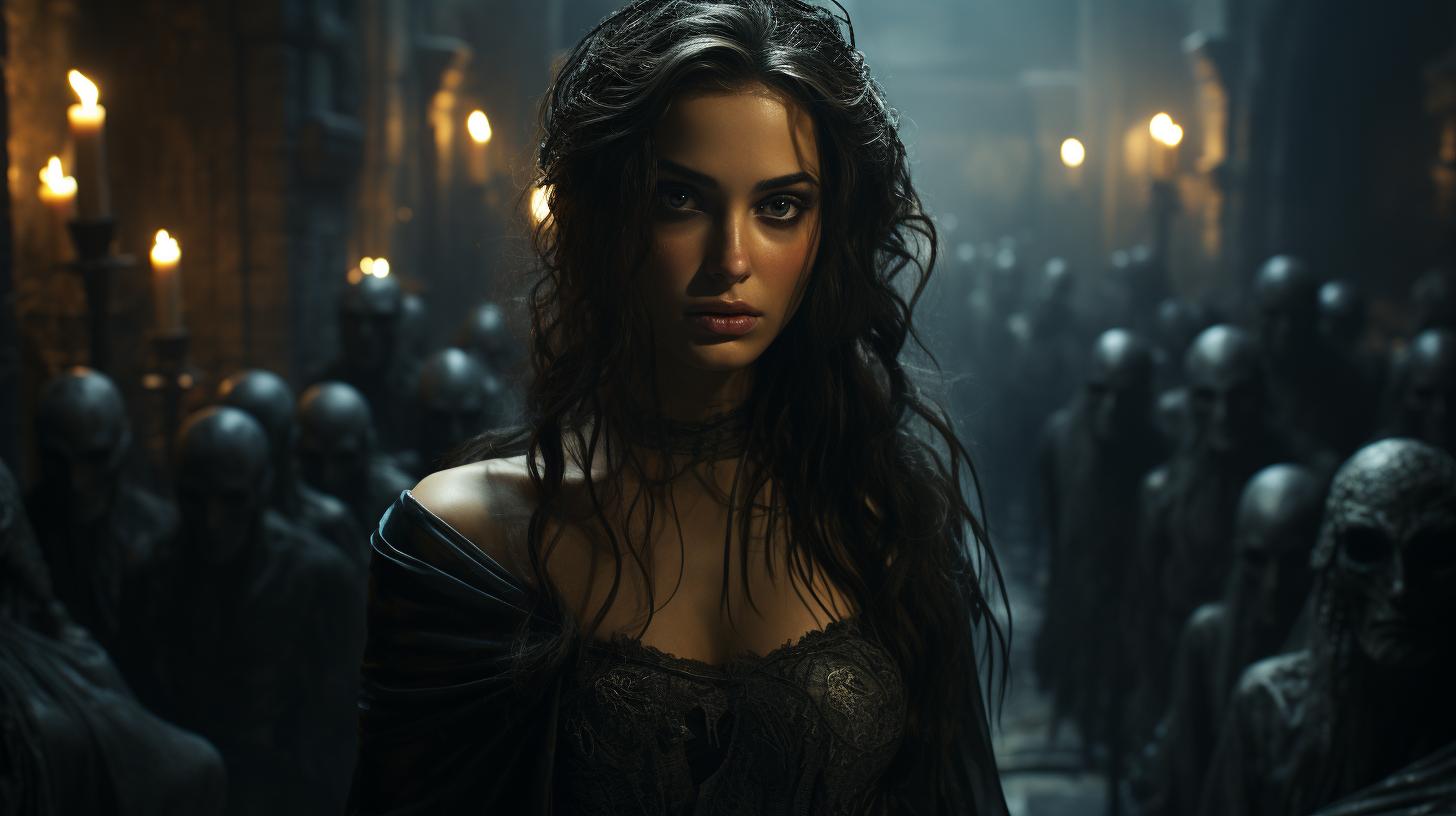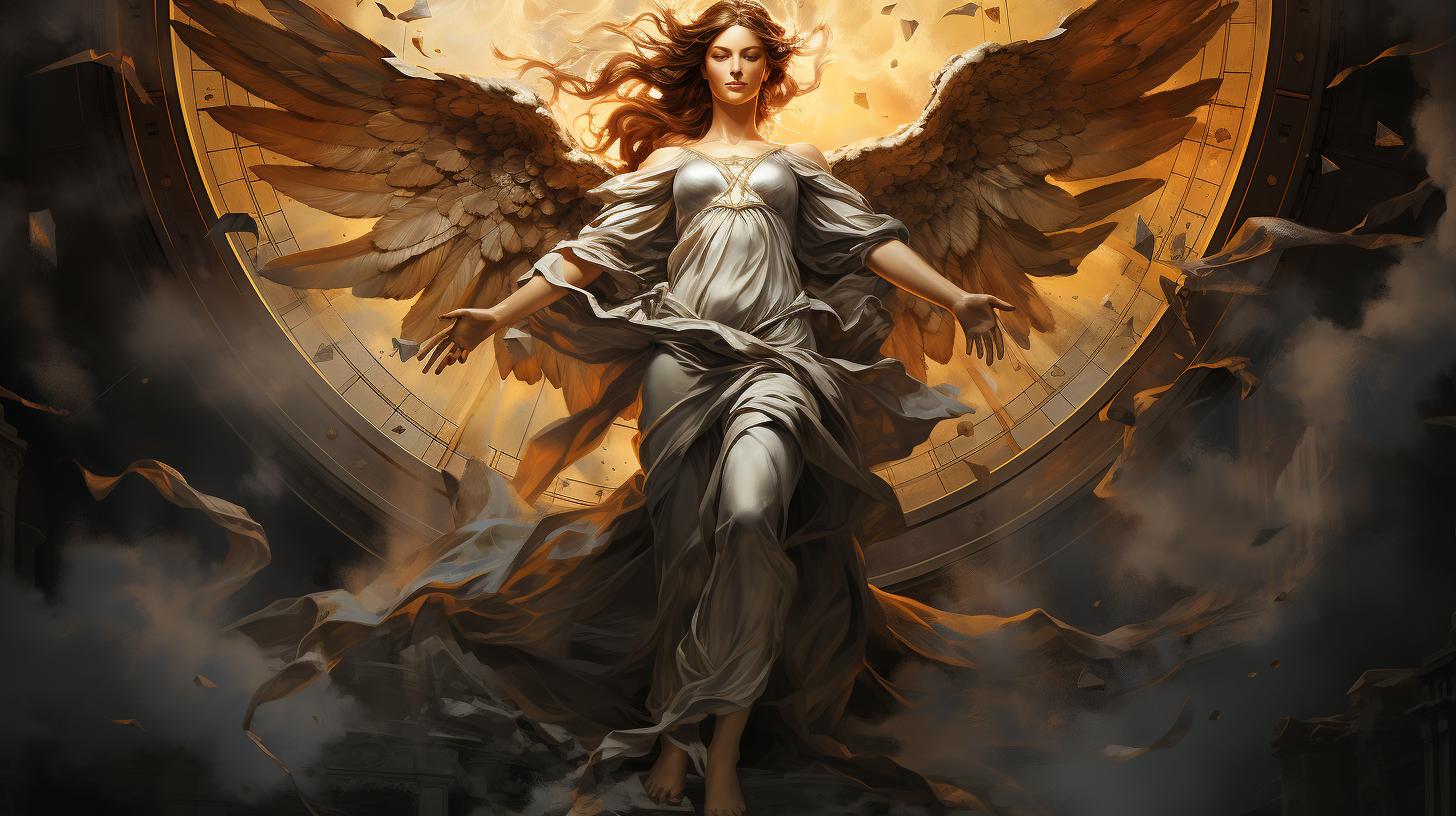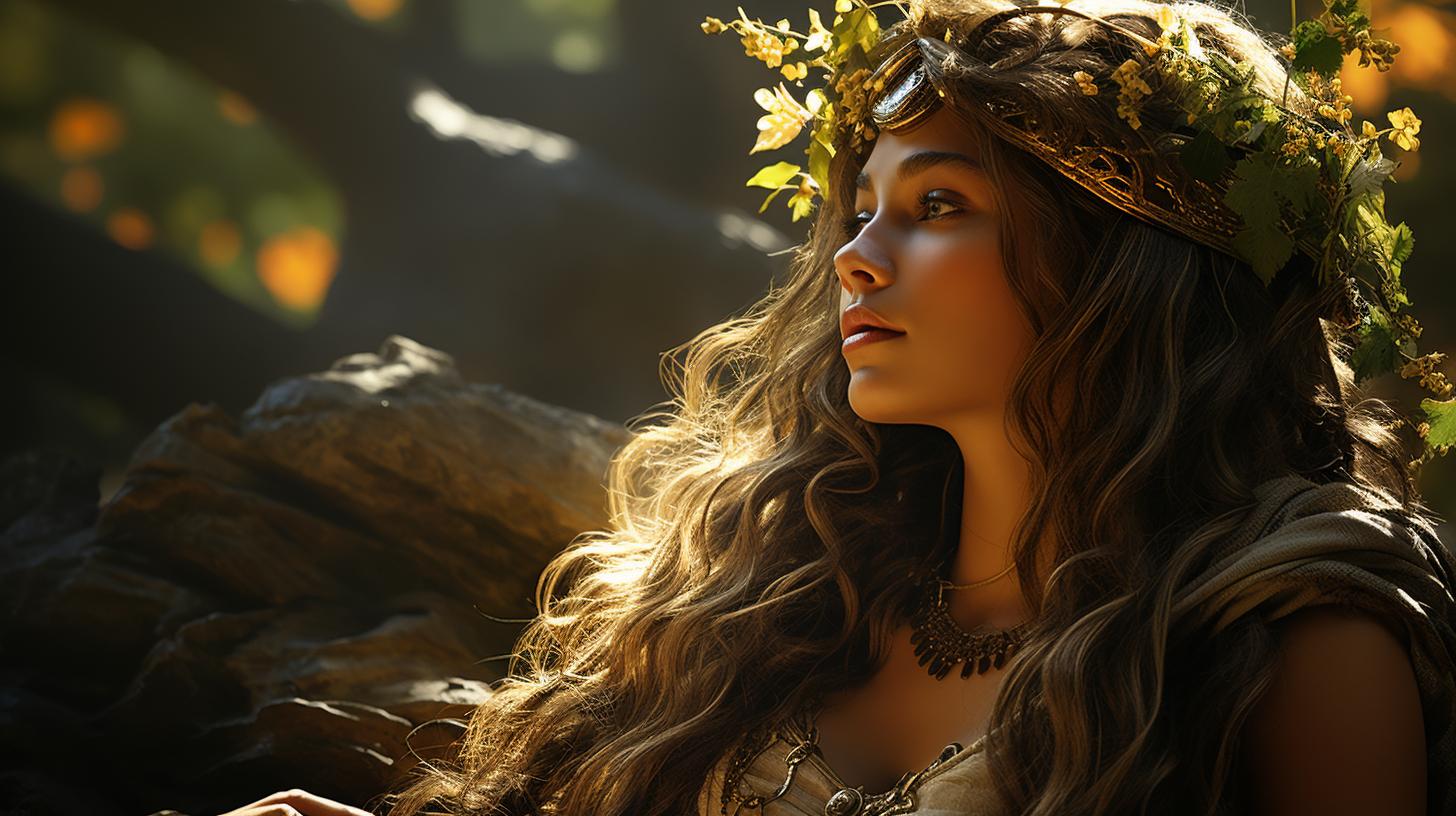‘Castor and Pollux Mythology: The Fascinating Twin Deities in Greek Mythology’
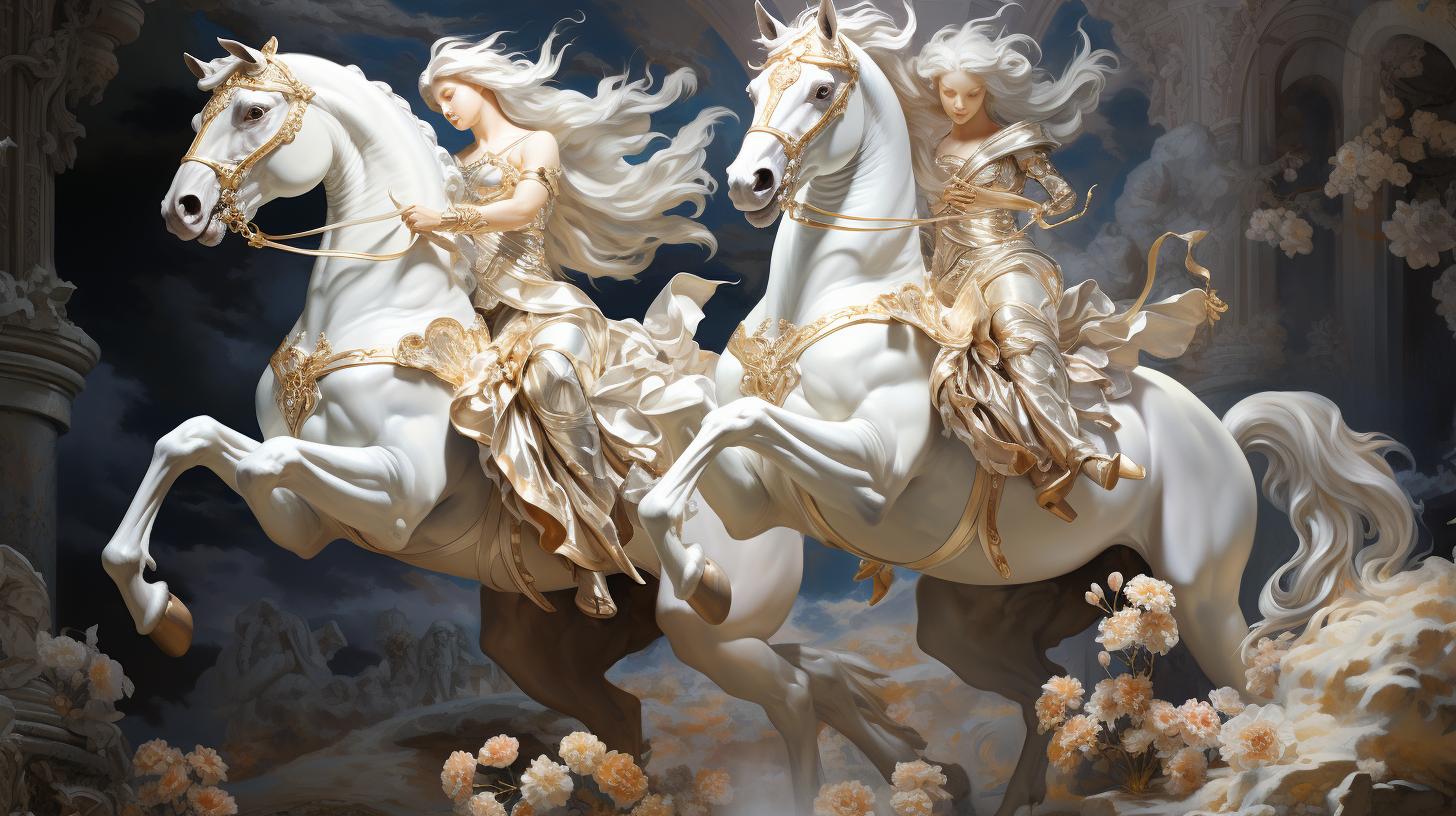
The mythology of Castor and Pollux, the twin deities, holds a significant place in Greek mythology. Born to Leda and Zeus (or Tyndareus), Castor was mortal, while Pollux was immortal.
These skilled horsemen and renowned heroes participated in notable quests, rescued their sister Helen, and engaged in fatal encounters. Zeus granted Pollux the choice of sharing his immortality with Castor, solidifying their bond.
In Roman culture, Castor and Pollux gained worship and were revered by the cavalry. They symbolized loyalty, protected sailors, and left an enduring legacy. The story continues to inspire art, literature, and popular culture.
Overview of Castor and Pollux Mythology
The mythology of Castor and Pollux holds a prominent place in Greek folklore, captivating both ancient and modern imaginations. This captivating narrative revolves around the fascinating twin deities, whose stories are steeped in heroic feats and divine intervention.
Through their remarkable adventures and eternal bond, Castor and Pollux embody the principles of loyalty, honor, and familial love.
The Mythological Background
The mythological background surrounding Castor and Pollux traces back to ancient Greece, where tales of mighty gods and valorous heroes filled the collective consciousness. These legends provided the fertile ground from which the story of the Dioscuri, or Twin Deities, emerged.
Fueled by themes of divine lineage and mortal connections, their narrative captivated generations.
The Twin Deities: Castor and Pollux
The central figures of this mythology, Castor and Pollux, stand as remarkable characters in the annals of Greek lore. Born as twins, their parentage reveals a fascinating duality. Castor, the mortal brother, stems from the lineage of Tyndareus, a mortal king, while Pollux, the immortal brother, is born from an encounter between Leda, Tyndareus’ wife, and Zeus, the king of gods who disguised himself as a swan.
Castor and Pollux possessed extraordinary skills and prowess. They excelled in horsemanship, showcasing their expertise and gallantry. Additionally, Pollux distinguished himself as an unmatched boxer, demonstrating his physical strength and fearlessness.
Their unique combination of mortal and divine traits set the stage for their awe-inspiring adventures.
Throughout their legendary exploits, the brothers joined famous quests such as the Calydonian Boar Hunt and the voyage of the Argonauts.
Their courage and heroism during these endeavors only further solidified their status as revered figures in Greek mythology.
The compelling tale of Castor and Pollux includes their valiant rescue of their sister Helen from the clutches of the Greek hero Teseo, which led to an invasion of Attica.
They also abducted the daughters of Leucippus, Phoebe, and Hilaeira, sparking a fatal confrontation with their cousins Idas and Lynceus. These confrontations resulted in tragic losses and dramatic divine intervention.
Zeus, the father of Pollux, responded to the murder of Castor by striking down Idas with a thunderbolt.
In a testament to their unyielding bond, Pollux was offered a choice: he could spend eternity in Olympus or share half of his immortality with his mortal brother. In an ultimate display of loyalty, Pollux chose to share his immortality, reinforcing the deep connection between the siblings.
The myth of Castor and Pollux continued to thrive and evolve in Roman culture. The twins found particular favor among the Roman equites and cavalry, becoming revered protectors and guardians. They symbolized loyalty, strength, and guidance during journeys, leaving an indelible mark on Roman society.
The extraordinary story of Castor and Pollux embodies timeless values and resonates with human experiences. Their myth highlights the importance of loyalty, honor, and the bonds within a family. The legacy of Castor and Pollux extends far beyond ancient mythology, leaving an enduring impact on literature, art, and even popular culture in the 21st century.
Parentage and Origins
The fascinating origins of Castor and Pollux lie in the interplay between mortal and immortal parentage, shaping their unique dual nature as twin deities. This section explores the parentage of the Dioscuri, shedding light on their mortal and immortal lineages.
Leda and Zeus: Inception of the Dioscuri
The myth of Castor and Pollux begins with their mother, Leda, and their divine father, Zeus. According to one version of the tale, Zeus assumed the form of a magnificent swan and seduced Leda.
As a result of this divine union, Leda laid two eggs, one containing Castor and the other Pollux.
Tyndareus: Castor’s Mortal Lineage
While Pollux was born immortal due to Zeus’s involvement, Castor emerged as the mortal son of Leda and her mortal husband, Tyndareus. This bestowed Castor with mortal attributes and a connection to the human world, augmenting the duality within the Dioscuri.
Zeus: Pollux’s Immortal Lineage
Pollux, on the other hand, inherited immortality from his divine father, Zeus. Blessed with god-like qualities, Pollux possessed extraordinary strength, courage, and resilience. This immortal lineage set him apart from his mortal twin, Castor, paving the way for their remarkable adventures as a duo.
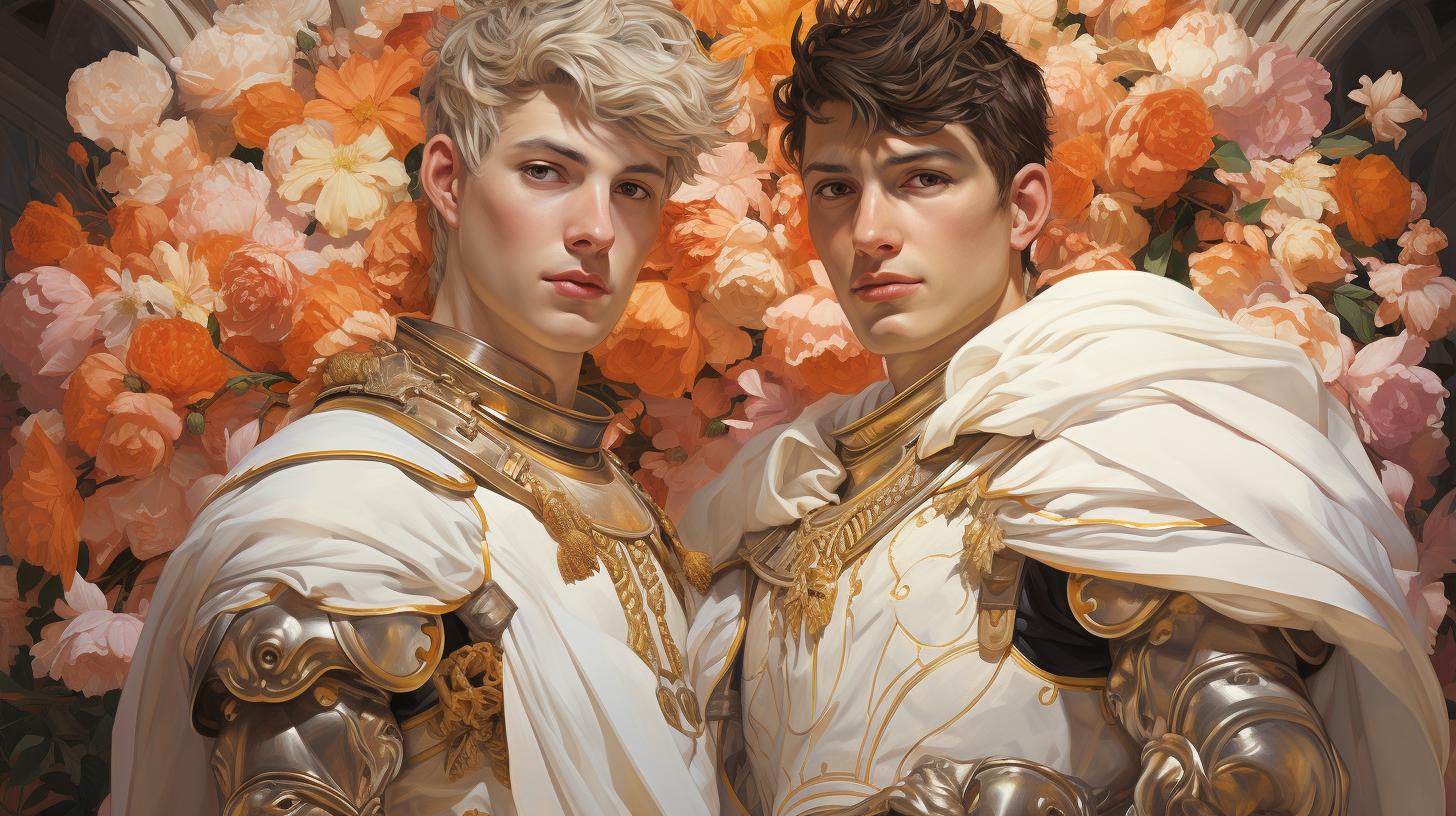
The Exploits of Castor and Pollux
Castor and Pollux, the twin deities of Greek mythology, were not only known for their divine lineage but also for their remarkable feats and heroic adventures. Their exploits showcased their bravery, prowess, and unwavering loyalty.
Heroes of the Calydonian Boar Hunt
Castor and Pollux played crucial roles in the legendary Calydonian Boar Hunt. This perilous quest united numerous mythical heroes, including the likes of Jason, Meleager, and Atalanta. Together, they embarked on a treacherous journey to vanquish the monstrous boar sent by the goddess Artemis as punishment.
Castor and Pollux demonstrated their exceptional skills as expert hunters and invaluable allies.
Members of the Argonauts
The twin brothers also joined the renowned Argonauts, a band of brave sailors assembled by their half-brother Jason. Together with illustrious figures like Heracles, Orpheus, and Theseus, Castor and Pollux set sail aboard the ship Argo on a quest to retrieve the Golden Fleece.
Throughout the perilous voyage, they faced numerous challenges, showcasing their bravery and resourcefulness as members of this legendary crew.
Rescuing Helen and the Abduction of Phoebe and Hilaeira
One of the most notable exploits of Castor and Pollux was their daring rescue of their sister Helen. When she was abducted by Theseus, the twin brothers waged war against the city of Athens to free her from captivity.
This heroic act highlighted their unwavering loyalty towards their family and their incredible prowess in battle.
Moreover, the brothers were not afraid to take matters into their own hands when it came to matters of the heart.
They abducted Phoebe and Hilaeira, the daughters of Leucippus, and later engaged in a fatal confrontation with their nephews, Idas and Lynceus. These events ultimately led to both the tragic death of Castor and an immortal choice for Pollux.
The exploits of Castor and Pollux showcased their remarkable skills, unwavering loyalty, and their significant role in ancient Greek mythology. Their courageous acts continue to inspire and captivate audiences, solidifying their place as legendary heroes in the annals of mythology.
Tragic Confrontations and Divine Intervention
Tragic confrontations marked the story of Castor and Pollux, leading to divine intervention and shaping their ultimate fates.
The Feud with Idas and Lynceus
A deadly feud unfolded between Castor and Pollux and their cousins, Idas and Lynceus, the nephews of Leucippus. In a dispute over the marriage of Phoebe and Hilaeira, tensions escalated, resulting in a fatal clash.
Castor’s Death and Pollux’s Immortality
In the heated confrontation, Castor met his tragic end at the hands of Idas, while Pollux, fueled by grief and rage, retaliated by killing Lynceus. Devastated by his brother’s death, Pollux sought justice and solace.
Zeus’s Retribution and Pollux’s Choice
Zeus, the father of Pollux, unleashed his divine wrath upon Idas, striking him down with a mighty thunderbolt in retribution for Castor’s demise. However, to ease Pollux’s sorrow and honor their inseparable bond, Zeus granted him a choice.
Pollux faced an extraordinary decision – to spend eternity in the heavenly abode of Mount Olympus or to share his immortality with his mortal brother, Castor. Overwhelmed by love and loyalty, Pollux chose to divide his immortality, ensuring that both his and Castor’s legacies endure.
Castor and Pollux in Roman Culture
The mythology of Castor and Pollux held significant importance in Roman culture, where their cult was introduced and revered. The twin deities captivated the Romans, particularly the equites and cavalry, who found inspiration in their legendary exploits.
The influence of Castor and Pollux extended beyond mere worship, leaving a lasting impact on various aspects of Roman society.
Introduction of their Cult in Rome
The cult of Castor and Pollux was first established in Rome in 484 BCE, following the Battle of Lake Regillus. In this fiercely fought battle, where the twin deities fought alongside the Romans, their valor and assistance led to a decisive victory.
As a token of gratitude, a temple was built in their honor in the Forum, symbolizing the start of their veneration in the city.
Significance among Roman Equites and Cavalry
The equites, a prominent social class comprising wealthy horsemen in Roman society, held a special affinity for Castor and Pollux.
As skilled equestrians themselves, they admired the twins’ expertise in horsemanship and their revered status as protectors of horses and riders. The cavalry, in particular, saw the twins as their esteemed patrons, seeking their blessings for victory in battle and safe journeys.
Depictions in Roman Art and Coins
The influence of Castor and Pollux extended into the realm of Roman art, as their likenesses were frequently depicted on various artistic mediums. In particular, their images adorned early Roman coins, showcasing their elevated status and reflecting their association with valor and protection.
These representations portrayed the twin deities as youthful figures, often mounted on horses, wielding spears, and donning helmets.
The captivating presence of Castor and Pollux in Roman culture showcased the enduring appeal of their mythology.
Their symbolization of loyalty, heroism, and familial bonds resonated deeply with the Romans, while their connection to seafarers and equestrianism underlined their role as guardians and allies of humanity. The legacy of Castor and Pollux continues to inspire and find relevance even in the 21st century.
Symbolism and Associations
Symbolic of various aspects, Castor and Pollux hold significant associations within Greek mythology and beyond.
Protectors of Sailors and Guides on Journeys
Castor and Pollux are revered as protectors of sailors, believed to manifest as the mystical fire known as St. Elmo’s fire. Sailors saw these glowing lights as a sign of divine presence and protection during their treacherous voyages across the seas.
These divine twins were seen as guides, offering assistance and ensuring safe passage through turbulent waters.
Connection with Equestrianism and Sports
Another realm of symbolism associated with Castor and Pollux lies in their connection to equestrianism and the world of sports. As accomplished horsemen, the twin deities represent the pursuit of athletic excellence and the spirit of competition.
Their presence serves as an inspiration to riders and athletes alike, encouraging them to showcase their skills and strive for victory.
Essence of Loyalty and Family Bonds
At the core of Castor and Pollux mythology lies the theme of loyalty and the significance of family bonds. These twin brothers epitomize unwavering loyalty and devotion to each other, even in the face of danger and adversity.
Their intertwined destinies underscore the importance of familial connections and the strength that comes from standing united. Their story serves as a reminder of the power of loyalty and the enduring love that exists between siblings.
Overall, the symbolism and associations attributed to Castor and Pollux highlight their role as protectors, guides, and symbols of familial loyalty. Their presence in ancient mythology and their continued influence on various aspects of society exemplify the timeless significance of their story.
.











